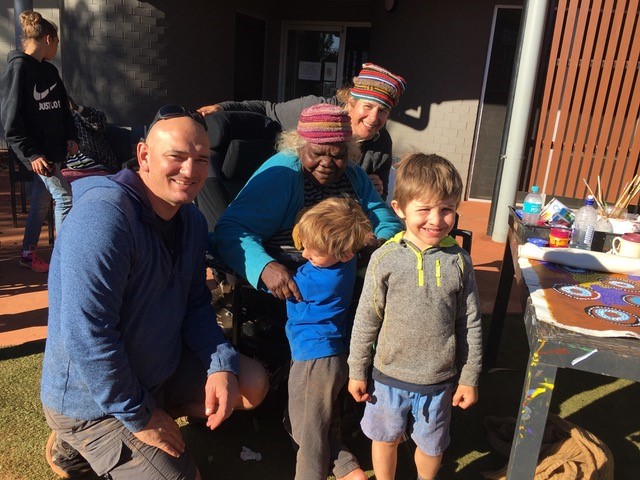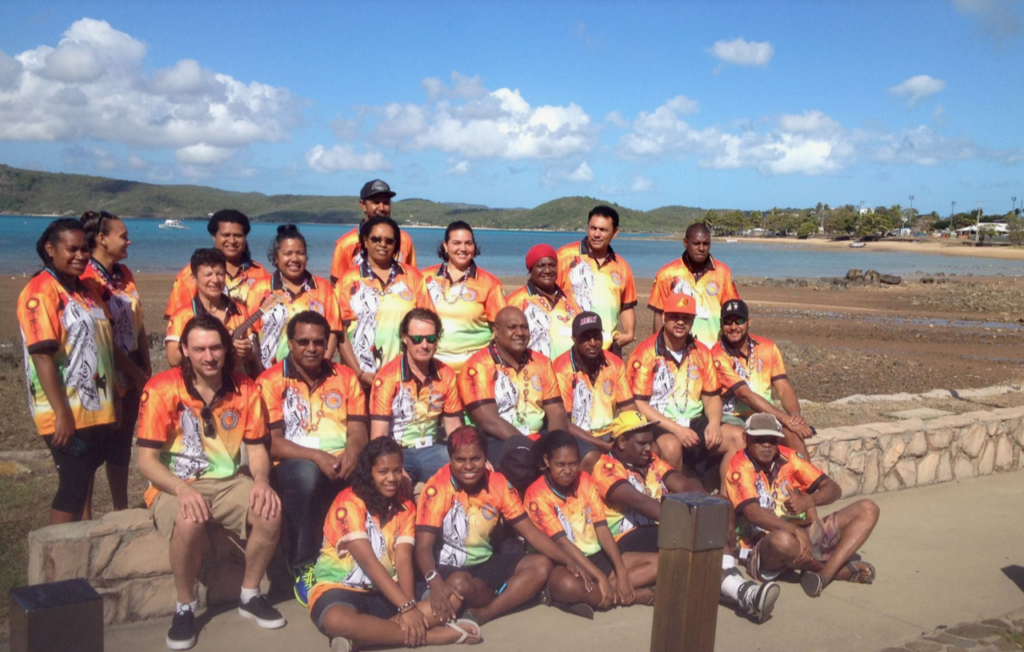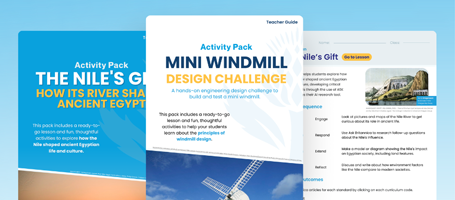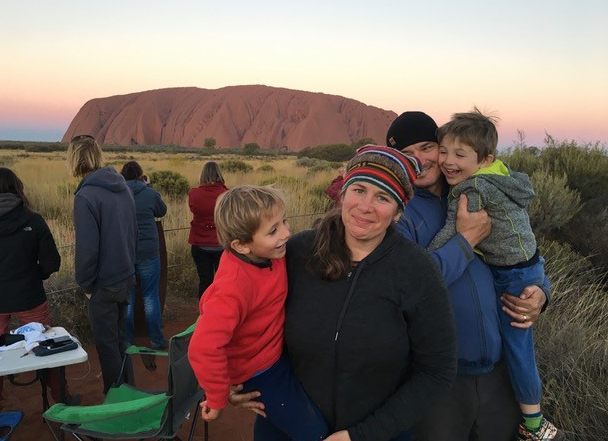Britannica speaks to Sally Lawrence, an education consultant who is committed to giving every student in Australia the opportunity to learn more about Aboriginal and Torres Strait Islander cultures.
Please note: Aboriginal and Torres Strait Islander people should be aware that this website may contain images, voices or names of deceased persons in photographs, film, audio recordings or printed material.
Sally Lawrence is a non-Indigenous education consultant who has worked exclusively with both Aboriginal and Torres Strait Islander communities for over 20 years. Her work collaboratively identifies opportunities which support communities to share their culture and embed their story within the National Curriculum and the broader Education context.
Credit: sallylawrence.com.au
Can you tell us about how you got into “Education Consultancy – Indigenous Education” and what this work involves?
My Education Consultancy is a culmination of 20 years of working with and for Aboriginal and Torres Strait Islander communities. Being non-Indigenous, the boundaries of my work are clear and I take my direction from the Aboriginal and Torres Strait Islander community members with whom I support. My role is to enable community to tell their story. I do this by identifying opportunities within the Australian Curriculum to which their story speaks and then collaborate to create resources. Personally, I want to ensure that every child, in every classroom, has the opportunity to learn more about the world’s oldest continuous living cultures, than what I did when I was a kid in school.
Personally, I want to ensure that every child, in every classroom, has the opportunity to learn more about the world’s oldest continuous living cultures, than what I did when I was a kid in school.
For more than 20 years you have worked closely with Aboriginal and Torres Strait Islander communities, what is the most memorable story or experience you can share with us?
There are so many memorable stories and some of them are not mine to share. The stories I do share within my keynote addresses and workshops, are about my experiences with community and how these experiences have shaped my cultural capability as a non-Indigenous woman.
In 2009, I was invited to participate in Women’s ceremony with the Mutitjulu Elders and spend 6 days on country near Uluru. During this time, the Aunties learnt that I was a single lady, so they got me up to do ‘the man dance’. Three months later I met my husband, we got married and had two beautiful boys. My family and I recently returned to the community of Mutitjulu and I had the honour of introducing my family to Aunty Nellie. We shared the biggest laugh when I told her she was the one responsible for all of this.

You have worked on several extensive projects with Indigenous communities including Cherbourg’s Ration Shed Museum, Bunya Dreaming with the Kabi Kabi people, My Island Home Project for the Torres Straits, Kids in Action Environmental programs, Clean Beach Day on Thursday Island, Indigenous Playgroups, Neil Murray (Warumpi Band) Tour Manager and Yarn’ in Up – Cultural Perspectives in the Early Years to name a few. Can you share the pathway, history and experiences you have had with one of your projects?
I was sitting at the dinner table one night telling Neil Murray all about the Torres Strait and how beautiful the people and communities are. I explained to him that his song, “My Island Home”, was the unofficial anthem of the Straits and that local Hip Hop artist and Commonwealth Games Opening Ceremony performer, Mau Power, had just done a version of Neil’s song in Hip Hop.
The next day, I reached out to my network on Thursday Island and pitched an idea that would have 19 emerging artists from throughout the Torres Strait come together to be mentored by Neil Murray, Mau Power, Mike Justice, Uncle Seaman Dan and Aunty Cessa Nakata (Mills Sisters). We produced the My Island Home Project album as a product of our week-long workshops and publicly celebrated these local artists at a community concert, which over 300 people attended. I get such a buzz when I hear these songs being played on the local radio.

NAIDOC Week is a chance for Australians to come together in recognition of the history, cultures, voices and achievements of Aboriginal and Torres Strait Islander people. The event takes place from every second Sunday of July through to the following Sunday.
Other Learning Resources for NAIDOC Week
NAIDOC Week Activities – Britannica School
Celebrate NAIDOC Week with Britannica Library

